Comprehensive Guide to Periodontal Disease Treatment: Restoring Gum Health
Posted by Glennis Katzmark Jan 23, 2025

Periodontal disease, commonly known as gum disease, affects millions worldwide. If left untreated, it can lead to severe oral health issues, including tooth loss and systemic health complications. Understanding the condition, its symptoms, and available treatments is the first step toward recovery for those seeking expert periodontal disease treatment in Houston, TX. Partnering with a skilled dentist ensures that you receive personalized care to restore and maintain your gum health.
What Is Periodontal Disease?
Periodontal disease is an infection and inflammation of the gums and supporting structures of the teeth. It begins with gingivitis, a mild gum disease, and can progress to periodontitis, a more severe stage that can damage the soft tissue and bone-supporting teeth.
Causes and Risk Factors
Periodontal disease is caused by plaque buildup, a sticky film of bacteria on the teeth. When plaque hardens into tartar, it becomes difficult to remove without professional cleaning, leading to gum irritation and infection.
Several factors increase the risk of developing periodontal disease:
- Poor oral hygiene
- Smoking or tobacco use
- Genetics
- Diabetes and other systemic diseases
- Hormonal changes (e.g., pregnancy, menopause)
- Certain medications that reduce saliva flow
Symptoms of Periodontal Disease
Recognizing the symptoms of periodontal disease early can prevent further complications. Common signs include:
- Swollen, red, or bleeding gums
- Persistent bad breath
- Gum recession, making teeth appear longer
- Loose or shifting teeth
- Pain when chewing
- Pus around the gums or teeth
If you experience any of these symptoms, visit a dentist for a thorough evaluation. As soon as these symptoms appear, waste no more time and contact us immediately to get the best periodontal disease treatment for healthy gums and improved oral health.
Stages of Periodontal Disease
- Gingivitis: The earliest stage, characterized by gum inflammation. At this stage, the condition is reversible with proper care.
- Mild Periodontitis: The infection begins to damage the bone and tissue supporting the teeth.
- Moderate Periodontitis: More significant bone and tissue loss occurs, often accompanied by gum recession.
- Severe Periodontitis: Advanced bone loss leads to loose teeth, which may eventually fall out or require extraction.
Treatment Options for Periodontal Disease
Treatments for periodontal disease vary depending on the severity of the condition. A customized treatment plan developed by a dentist in Houston, TX, ensures effective care tailored to your needs.
Non-Surgical Treatments
- Professional Dental Cleaning: Regular cleanings remove plaque and tartar, preventing gingivitis from progressing to periodontitis.
- Scaling and Root Planing (Deep Cleaning): This deep-cleaning procedure involves removing tartar below the gum line and smoothing the tooth roots to encourage gum reattachment.
- Antibiotic Therapy: Topical or oral antibiotics may be prescribed to eliminate bacteria and reduce inflammation.
Surgical Treatments
- Flap Surgery: In this procedure, the gums are lifted to remove tartar and reduce periodontal pockets. The gums are then sutured back into place.
- Bone Grafting: Bone grafts are used to regenerate lost bone caused by periodontitis, restoring stability to teeth.
- Soft Tissue Grafts: Tissue from another part of your mouth or a donor source is used to repair gum recession and improve aesthetics.
- Guided Tissue Regeneration: A special material is placed between the bone and gum tissue to encourage natural bone regrowth.
Importance of Early Intervention
Periodontal disease affects oral health and is linked to systemic health issues such as heart disease, diabetes, and respiratory problems. Addressing gum disease early can prevent these complications and improve overall well-being.
Maintaining Gum Health After Treatment
Post-treatment care is crucial for preventing recurrence. Here’s how you can maintain healthy gums:
- Brush and Floss Daily: Use a soft-bristle and fluoride toothpaste to clean your teeth and gums. Don’t forget to floss to remove plaque from between teeth.
- Use Antibacterial Mouthwash: Rinsing with an antibacterial mouthwash can reduce bacteria and inflammation.
- Schedule Regular Dental Checkups: Routine visits to a dentist help monitor your gum health and catch potential issues early.
- Adopt a Healthy Lifestyle: Quit smoking, eat a balanced diet, and manage conditions like diabetes to reduce your risk of gum disease.
Choosing the Right Dental Professional
Finding a dental provider experienced in periodontal disease treatment in Houston, TX, is essential for effective care. A knowledgeable dentist can assess your condition, recommend appropriate treatments, and guide you in maintaining optimal gum health.
Conclusion
Periodontal disease is a serious but manageable condition. With prompt and effective treatment, you can restore your gum health and protect your smile. Partnering with a trusted dentist in Houston, TX, ensures that you receive comprehensive care tailored to your unique needs. Remember, maintaining a proactive approach to oral hygiene and scheduling regular dental visits are the keys to preventing and managing gum disease, helping you enjoy a lifetime of healthy smiles.
To schedule an appointment with us at AK Dentistry, located at 10370 Richmond Ave. Ste 310, Houston, TX 77042, call (832) 251-1234 for bookings and consultations. Please visit our official website to learn more about our various services.
Visit Our Office
Office Hours
- MON8:00 am - 6:00 pm
- TUE8:00 am - 6:00 pm
- WED8:00 am - 6:00 pm
- THU8:00 am - 6:00 pm
- FRIClosed
- SATClosed
- SUNClosed
10370 Richmond Ave. Ste 310,
Houston, TX
Phone : (832) 251-1234Text Us : (832) 251-1234





